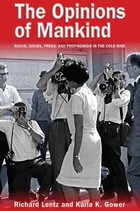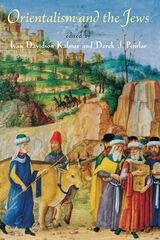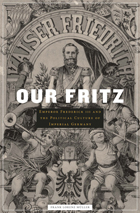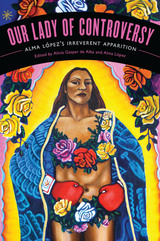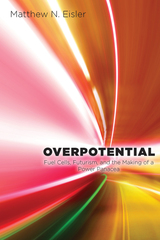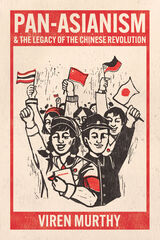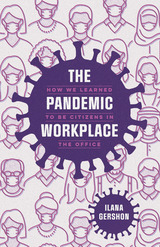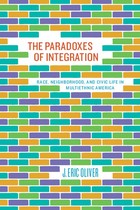Catholic Survival in the Dutch Republic: Agency in Coexistence and the Public Sphere in Utrecht, 1620-1672
Amsterdam University Press, 2024
eISBN: 978-90-485-5846-9 | Cloth: 978-90-485-5845-2
See other books on: 17th Century | Dutch Republic | Modern | Religion | Religious Intolerance, Persecution & Conflict
See other titles from Amsterdam University Press
eISBN: 978-90-485-5846-9 | Cloth: 978-90-485-5845-2
ABOUT THIS BOOK | AUTHOR BIOGRAPHY | TOC
ABOUT THIS BOOK
Even in adversity, Catholics exercised considerable agency in post-Reformation Utrecht. Through the political practices of repression and toleration, Utrecht’s magistrates, under constant pressure from the Reformed Church, attempted to exclude Catholics from the urban public sphere. However, by mobilizing their social status and networks, Catholic Utrechters created room to live as pious Catholics and honourable citizens, claiming more rights in the public sphere through their spatial practices and in discourses of self-representation. This book explores how Catholic priests and laypeople cooperated and managed to survive the Reformed regime by participating in a communal process of delimiting the public, continuing to rely on the medieval legacy and adapting to early modern religious diversity. Deploying their own understandings of publicness, Catholic Utrechters not only enabled their survival in the city and the Catholic revival in the Dutch Republic but also contributed to shaping a multi-religious society in the Northern Netherlands.
See other books on: 17th Century | Dutch Republic | Modern | Religion | Religious Intolerance, Persecution & Conflict
See other titles from Amsterdam University Press

